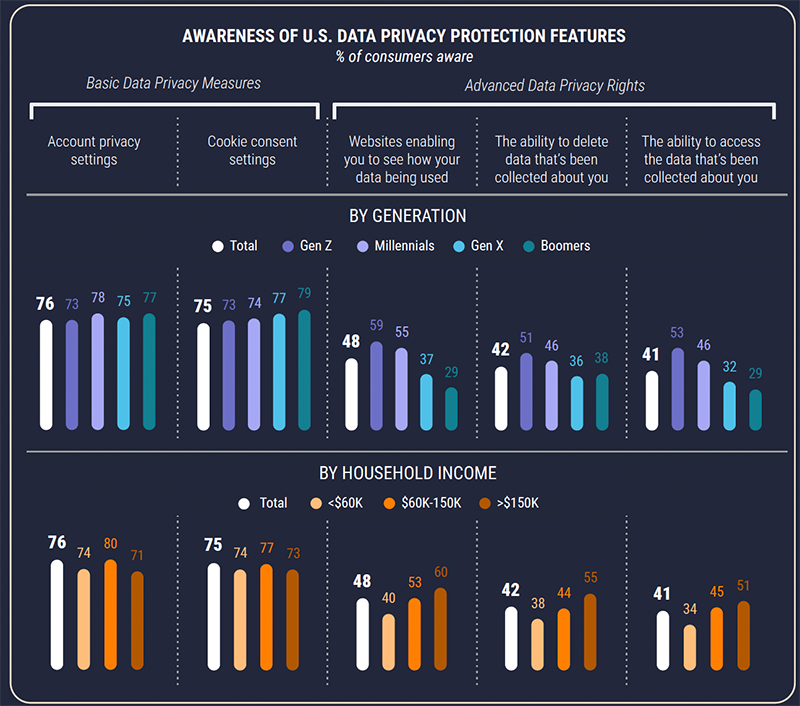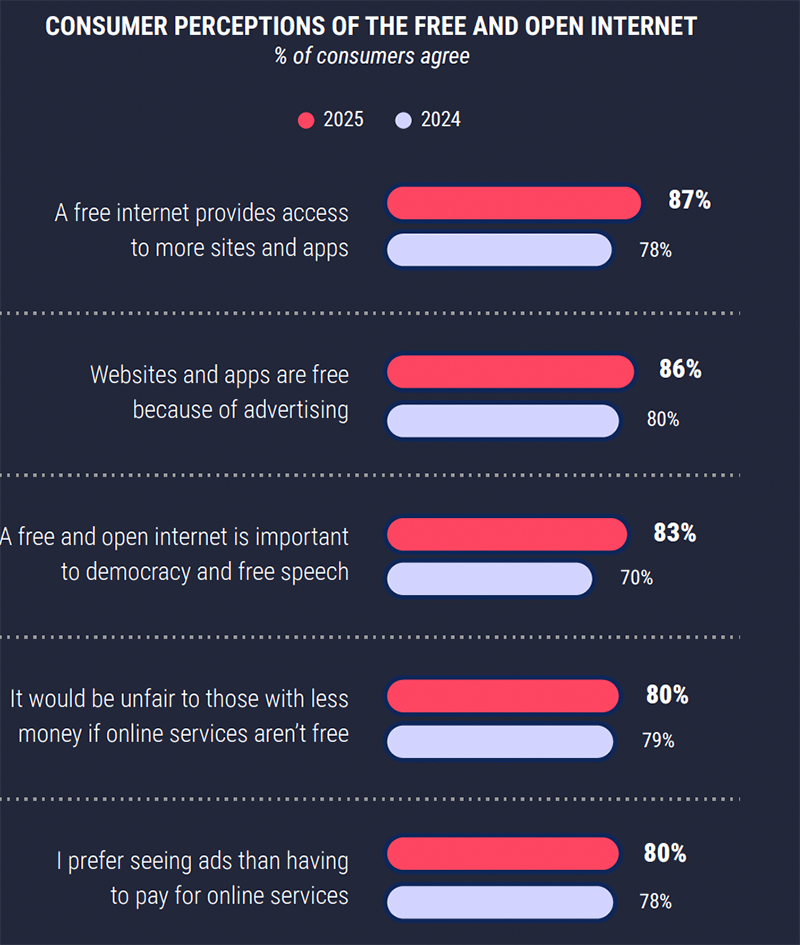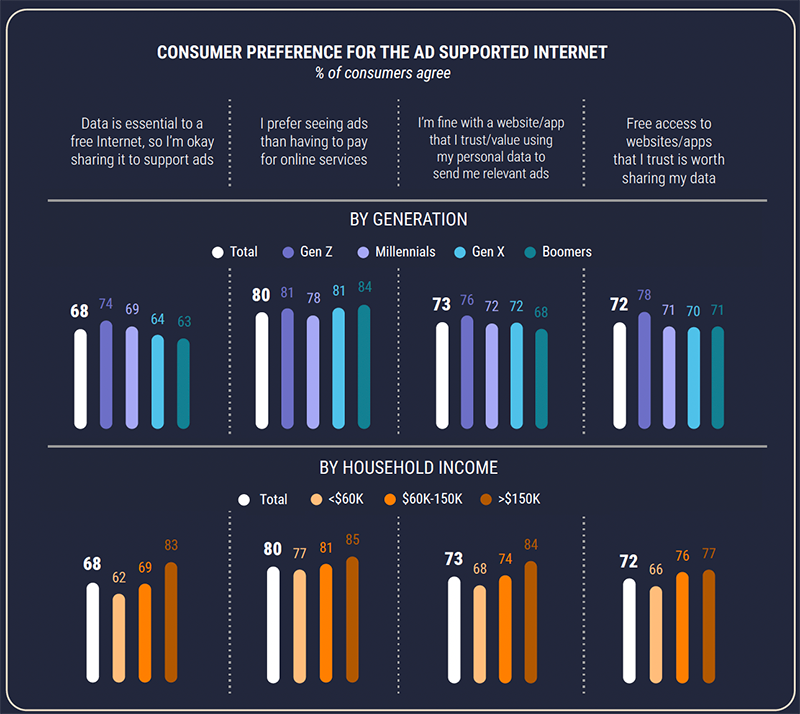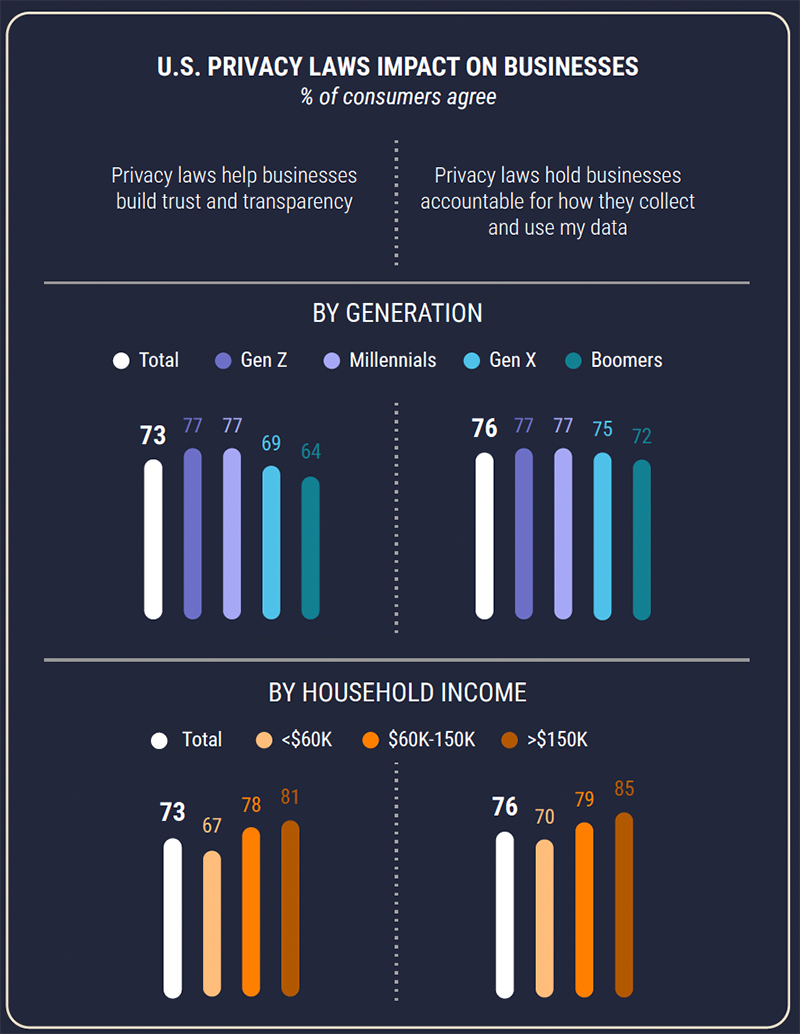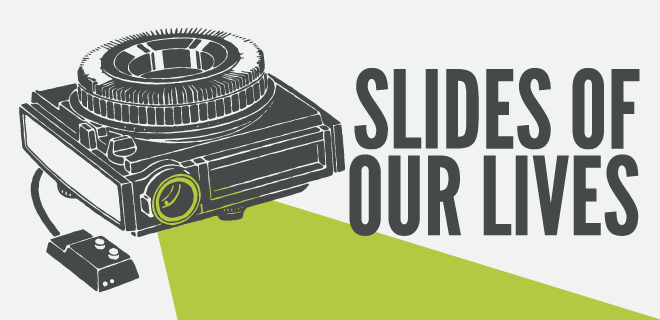
Consumers say they want privacy—but not at the expense of the free internet. The latest IAB study lays out the balancing act between data protection, personalization, and the value exchange that keeps the digital economy running.
Privacy, Personalization, and the Great Internet Trade-Off
Consumers say they care about privacy, but let’s be real—most aren’t losing sleep over the kind of data that fuels personalized ads.
The 2025 IAB Consumer Privacy Report, Striking the Balance: The Consumer Perspective on Privacy, Preference, and Personalization, lays out a clear message: the free and open internet matters, and most people are willing to exchange some data to keep it that way.
So, what does this mean for the future of advertising? Let’s dive into four key takeaways from the study—backed by charts, because, hey, we love receipts.
1. People Want Privacy—But They Also Want Convenience
- 70% of U.S. consumers say they’re familiar with state-level privacy laws. But, only 40% know they can access or delete their collected data, which means the fine print isn’t exactly at the front of their minds.
- •60% find privacy management “complex, confusing, and inconvenient.” Translation: people like the idea of privacy but don’t want to work for it.
Takeaway: There’s a gap between awareness and action. If consumers aren’t exercising their rights, are those rights truly effective? Publishers and advertisers must simplify privacy controls without making them feel like a pop quiz.
2. Ads Pay the Bills—And Consumers Get It
- 86% of U.S. consumers agree that websites and apps are free because of advertising.
- 80% prefer seeing ads instead of paying for online services.
Takeaway: Most consumers recognize the trade-off: no ads, no free internet. That’s a strong signal for lawmakers crafting privacy policies—disrupting the ad-supported model without a viable alternative could backfire.
3. Personalized Ads? Yes, Please. Creepy Ads? Not So Much.
- 82% of consumers say personalized ads help them discover products and services they like.
- 79% feel more positive toward brands that tailor ads to their interests.
Takeaway: The industry’s been walking a tightrope between personalization and privacy, but this data suggests consumers aren’t as resistant to targeted ads as some might think. The key? Relevance without overreach. No one wants to feel like their browser history is reading them bedtime stories.
4. A National Privacy Law? Keep It Balanced.
- Consumers see privacy laws as a win for trust and accountability, with 77% saying businesses should be held responsible for how they use personal data.
- But nearly half of U.S. consumers believe privacy laws should also support a free and open internet.
Takeaway: As the U.S. inches closer to a federal privacy law, policymakers must avoid overcorrections. Stronger consumer protections? Yes. A digital experience that feels like Fort Knox? Not so much. The industry needs guardrails, not roadblocks.
Privacy Without the Paywall
The IAB study confirms what many in ad tech already knew—privacy and personalization aren’t mutually exclusive. But, as the regulatory landscape shifts, the industry has a choice: lean into transparency and user control or risk forcing consumers into a world where only the wealthy can afford an ad-free, subscription-based internet.
Because let’s face it—nobody’s paying $5.99 a month just to read listicles and cat memes.
To download the full report, visit the IAB
